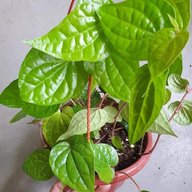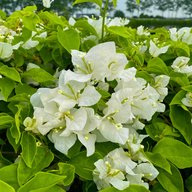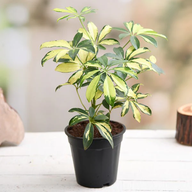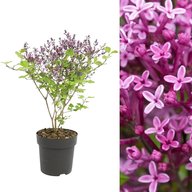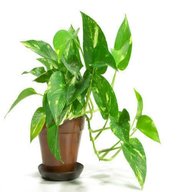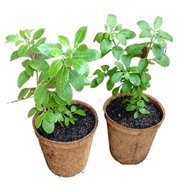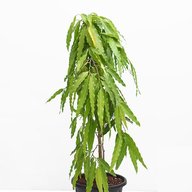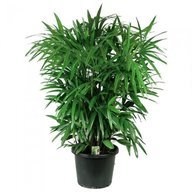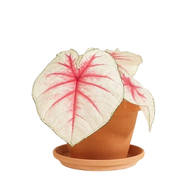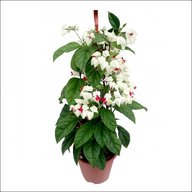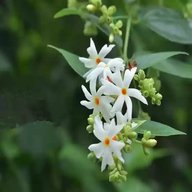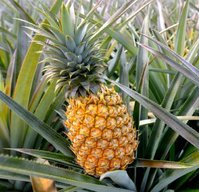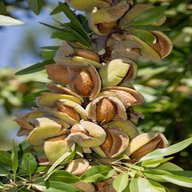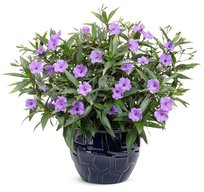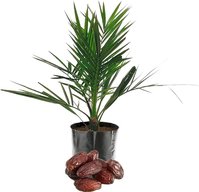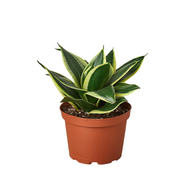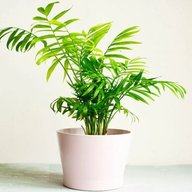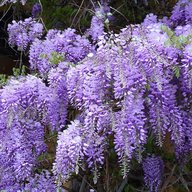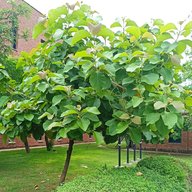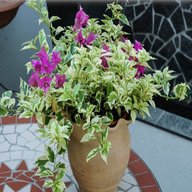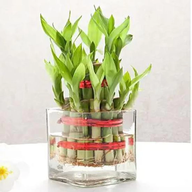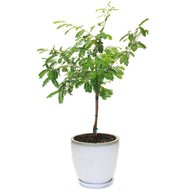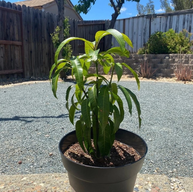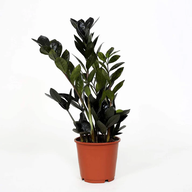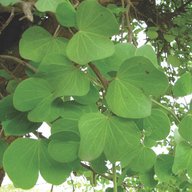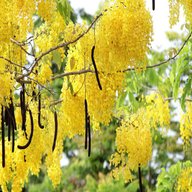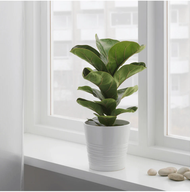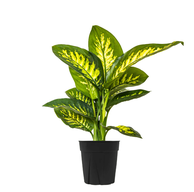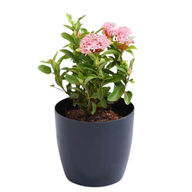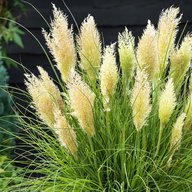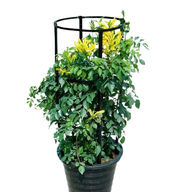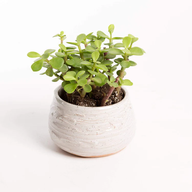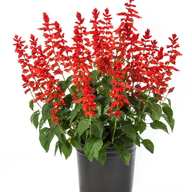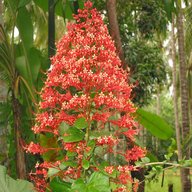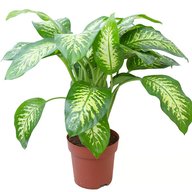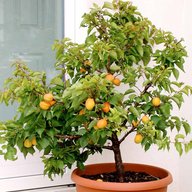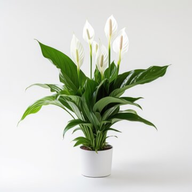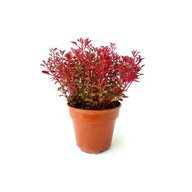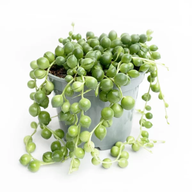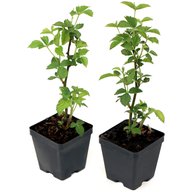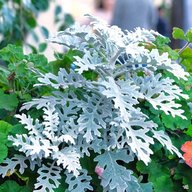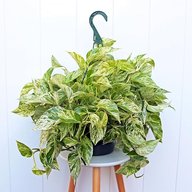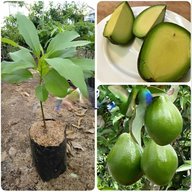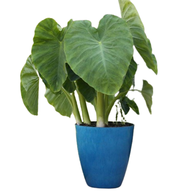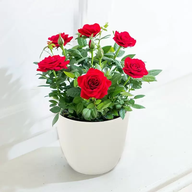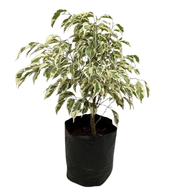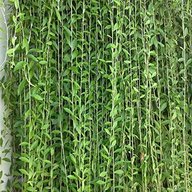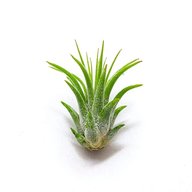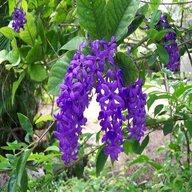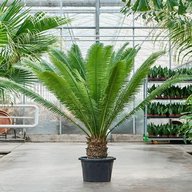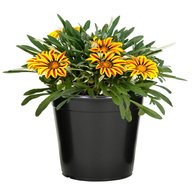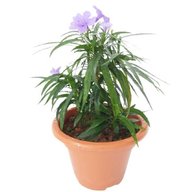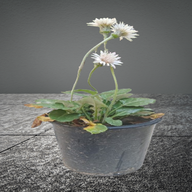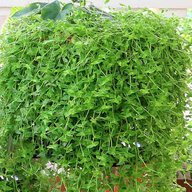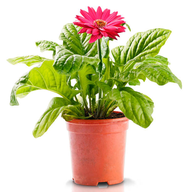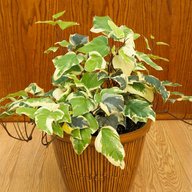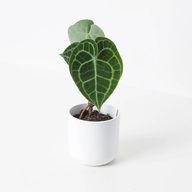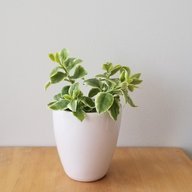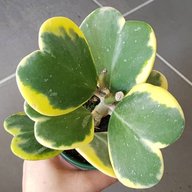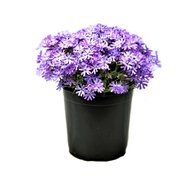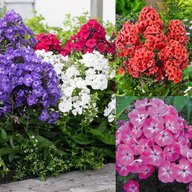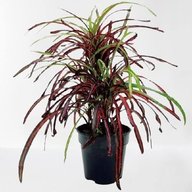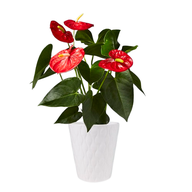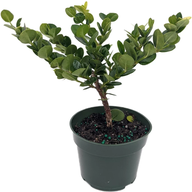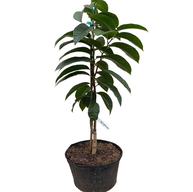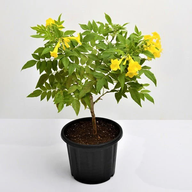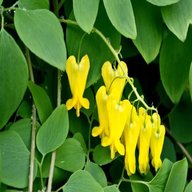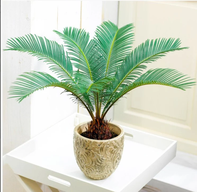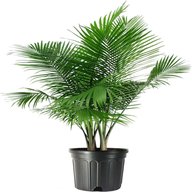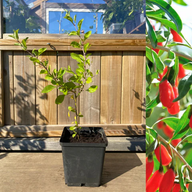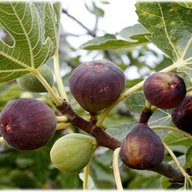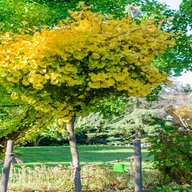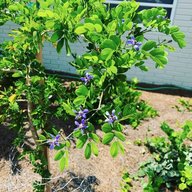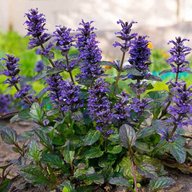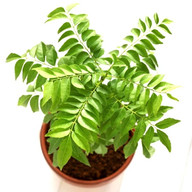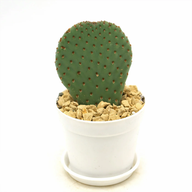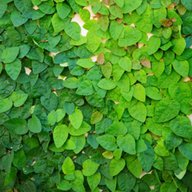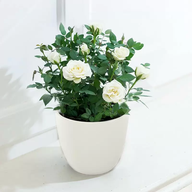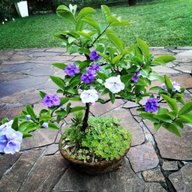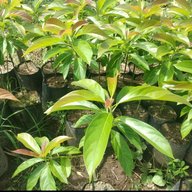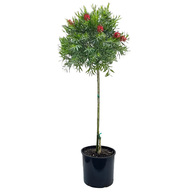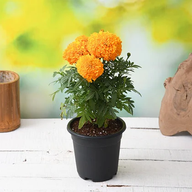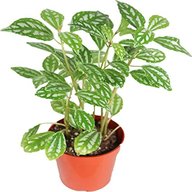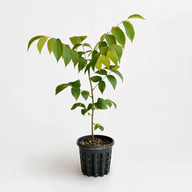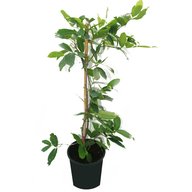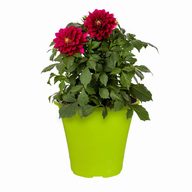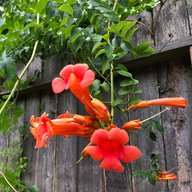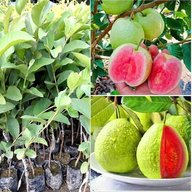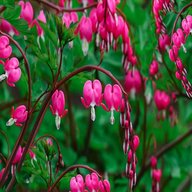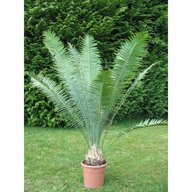Parijat, also known as Parijatak or Harshringar (Nyctanthes Arbor-Tristis), is a beautiful and fragrant flowering vine. This enchanting plant is revered for its stunning white flowers with bright orange centers, which bloom at night and fall off by morning, creating a carpet of delicate blossoms. Parijat is not only cherished for its ornamental beauty but also for its medicinal properties. It is commonly used in traditional Ayurvedic medicine for its anti-inflammatory and pain-relieving qualities.
- #Parijat #Parijatak #Harshringar #NyctanthesArborTristis #FloweringVine #NightBlooming
- #FragrantFlowers #MedicinalPlants #AyurvedicMedicine #OrnamentalVine #GardenBeauty
- #PlantLovers #HomeGardening #NatureInYourBackyard #PakistaniGardening
Dieffenbachia, commonly known as Dumb Cane or Leopard Lily, is a popular houseplant known for its large, attractive leaves. Native to the tropical regions of Central and South America, this plant is prized for its striking foliage, which features variegated patterns in shades of green, white, and yellow. Dieffenbachia can grow up to 5 feet tall indoors, making it an excellent choice for adding a touch of the tropics to your home or office.
Care Tips:
Light:
- Indoors: Prefers bright, indirect light but can tolerate low light conditions. Avoid direct sunlight, which can scorch the leaves.
- Outdoors: If placed outdoors, choose a spot with filtered light or partial shade.
Watering:
- Water the plant when the top inch of soil feels dry. Ensure the soil remains consistently moist but not waterlogged.
- Reduce watering frequency in the winter months when the plant's growth slows down.
Soil:
- Use a well-draining potting mix. A mix designed for houseplants or a blend of peat, perlite, and potting soil works well.
- Ensure the pot has drainage holes to prevent water from accumulating at the bottom.
Temperature:
- Thrives in warm temperatures between 60°F and 75°F (15°C - 24°C).
- Protect the plant from cold drafts and temperatures below 50°F (10°C).
Humidity:
- Prefers high humidity but can adapt to average indoor humidity levels.
- Increase humidity by misting the leaves regularly or placing a humidity tray nearby.
Fertilization:
- Feed with a balanced, water-soluble fertilizer every 4-6 weeks during the growing season (spring and summer).
- No need to fertilize during the winter months.
Pruning:
- Prune to remove yellow or damaged leaves and to maintain the desired shape.
- Wear gloves when handling the plant, as its sap can cause skin irritation.
Propagation:
- Easily propagated through stem cuttings. Allow the cut ends to callous over for a few days before planting them in moist soil.
- Keep the soil lightly moist until the cuttings establish roots.
Pests and Problems:
- Watch for common houseplant pests like spider mites, aphids, and mealybugs. Treat infestations with insecticidal soap or neem oil.
- Ensure good air circulation to prevent fungal diseases like root rot.
Safety:
- The sap of Dieffenbachia is toxic if ingested and can cause irritation. Keep away from pets and children.
By following these care tips, your Dieffenbachia will thrive and bring a touch of natural beauty to any indoor space.
#Dieffenbachia #DumbCane #LeopardLily #Houseplant #IndoorPlants #TropicalPlants #VariegatedFoliage #PlantSale #PakistanGardening #PlantsForSale #BuyPlantsPakistan #GardenLovers #HomeDecorPlants #EasyCarePlants #GreenThumb #IndoorJungle #AirPurifyingPlants #PlantLovers #HouseplantCommunity
Bring the zesty freshness of Desi Lemons to your garden or home with our organically grown Desi Lemon Plant! Known for its vibrant flavor and aromatic zest, the desi lemon is an essential fruit for cooking, beverages, and even natural home remedies. This hardy plant thrives in Pakistan’s climate, making it easy to grow in your backyard or in containers.
? Key Benefits:
- Fresh Lemons at Home: Perfect for culinary use, from drinks to meals.
- Compact and Hardy: Grows well in small spaces and requires minimal care.
- Vitamin C Boost: Packed with nutrients that promote good health.
- Natural Aroma: Adds a refreshing, citrusy fragrance to your surroundings.
Grow your own lemons and enjoy nature's bounty straight from your garden! ????????
